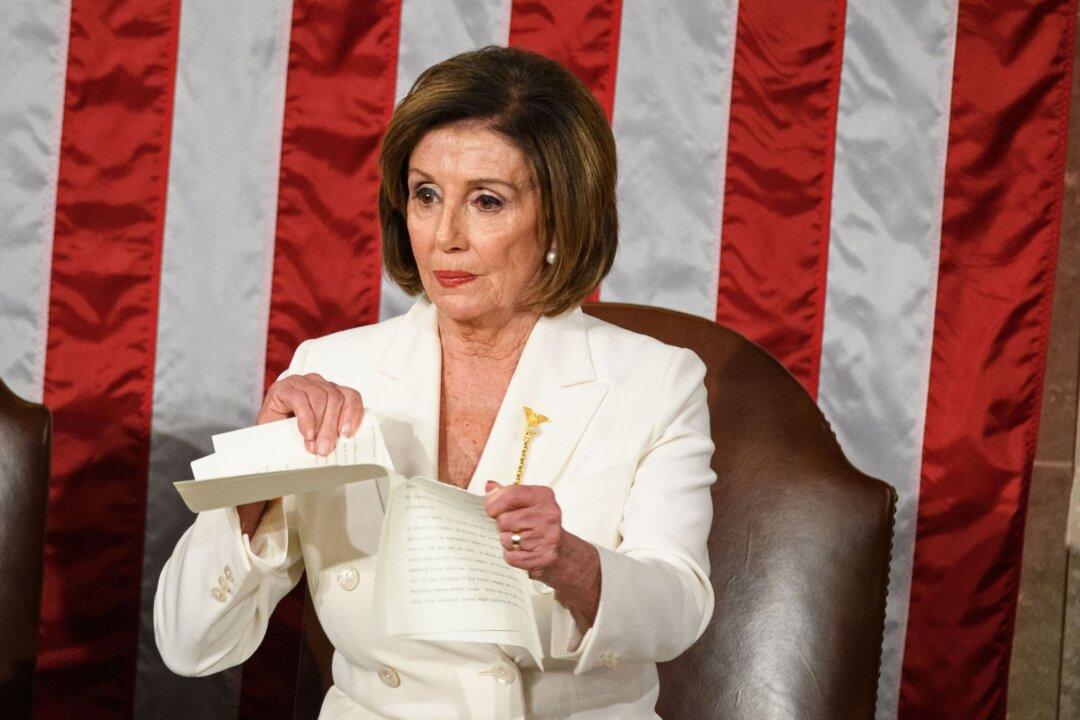Commentary
Given the irked and fearful state of the liberal temper at the present time, many people might find it hard to believe that liberalism used to be fun.

Given the irked and fearful state of the liberal temper at the present time, many people might find it hard to believe that liberalism used to be fun.